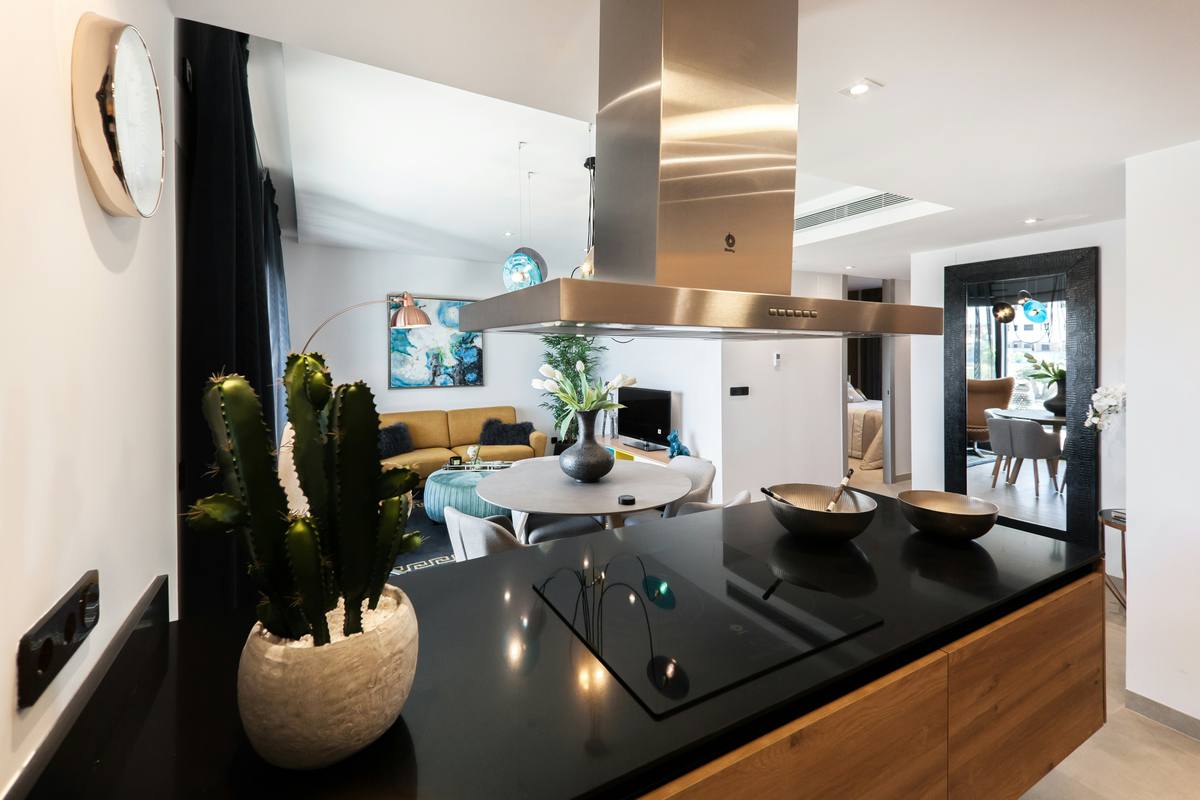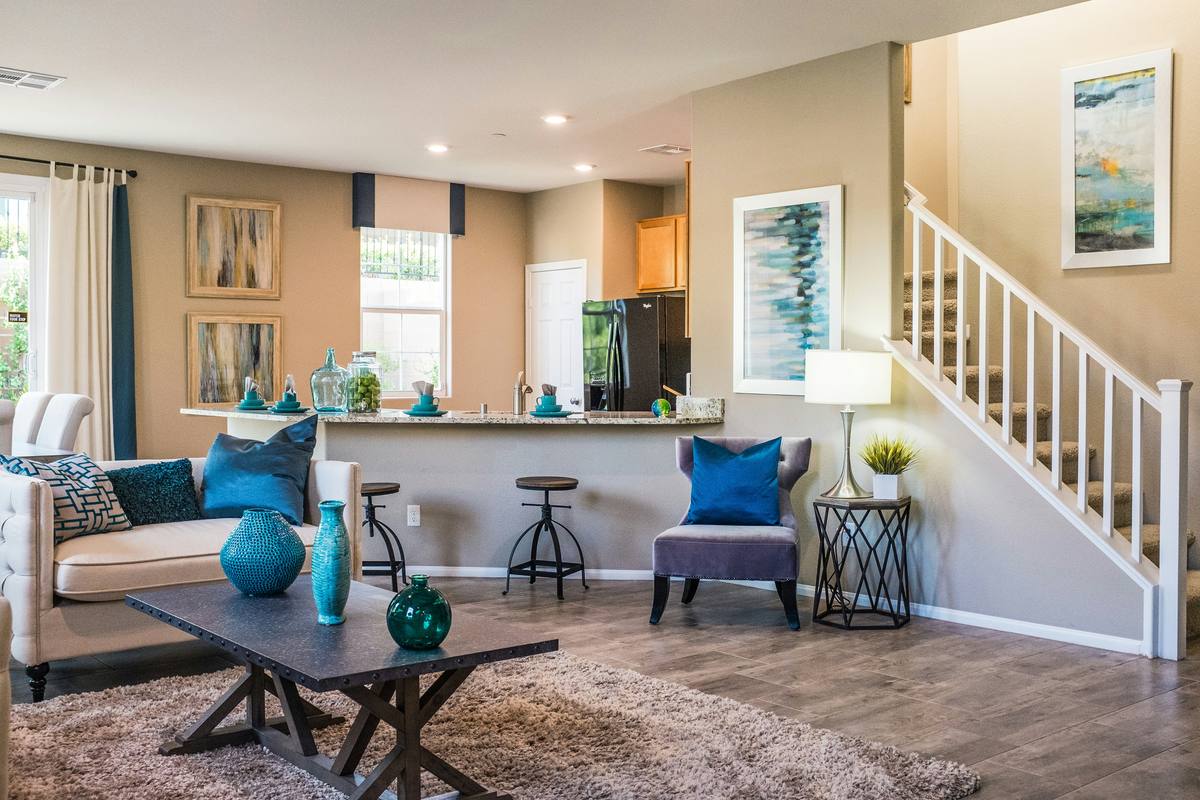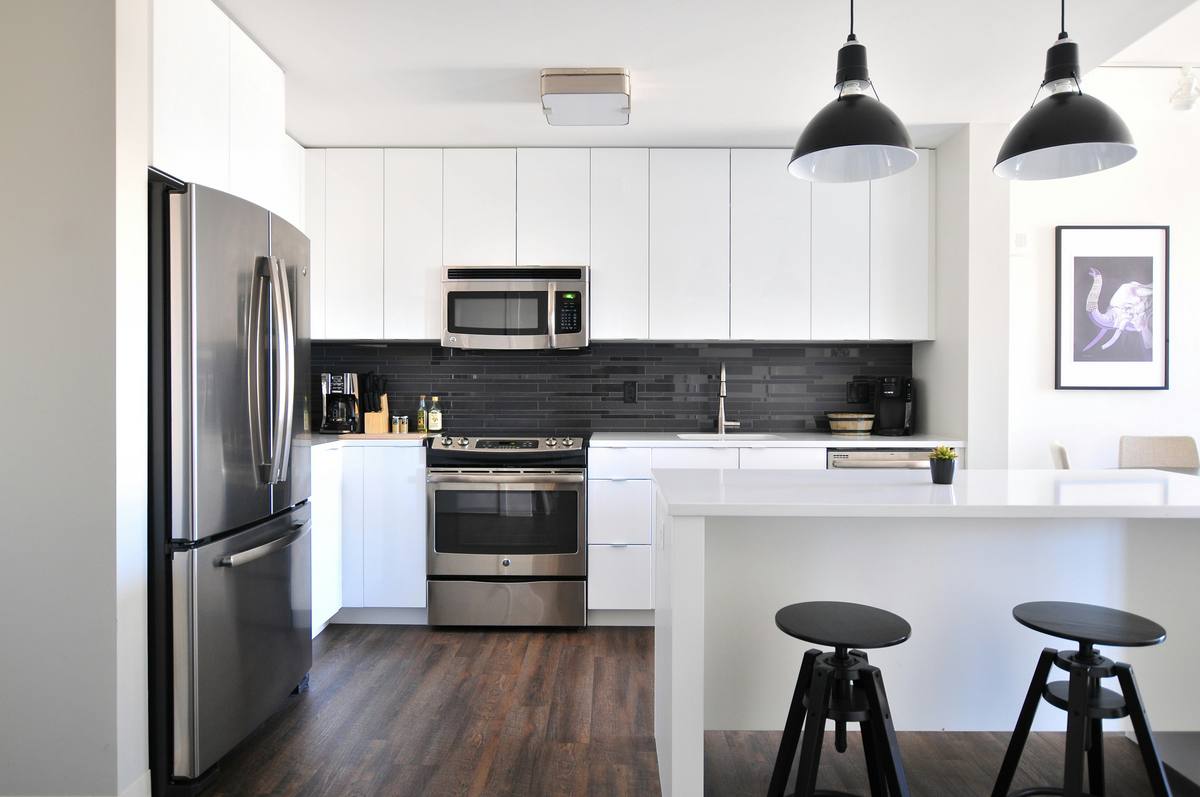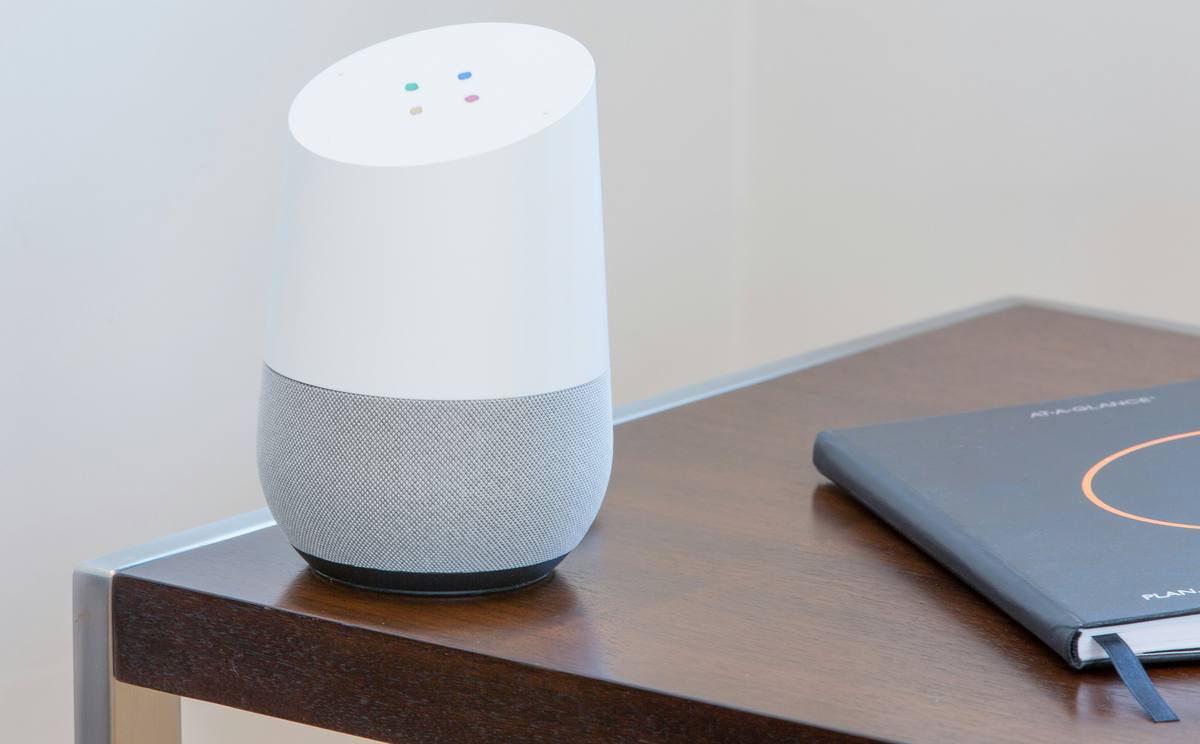Starting Your Dream Home Automation Business
Kicking off a Home Automation business is an exhilarating adventure that blends innovation with the comfort of home. It begins with a spark of passion for technology and a vision to revolutionize daily living spaces. The first step involves deep market research to identify your niche and understand your competition thoroughly. Next, meticulously plan out your services and products, ensuring they align perfectly with consumer needs. Crafting an engaging brand identity and robust business plan are crucial components that set the foundation for success. Establishing partnerships with reliable suppliers and manufacturers will empower you to deliver exceptional quality, solidifying your position in the market.

The Initial Challenges in the Home Automation Sector
Embarking on the journey of starting a home automation business is both thrilling and daunting. The biggest hurdle many face is the fierce competition, as this sector has become increasingly popular. Standing out requires not only innovative products but also understanding how to start with a clear and compelling brand message. Additionally, navigating the technical complexities of home automation technology can be overwhelming for newcomers. Lastly, finding reliable suppliers and partners that align with your business values is crucial for long-term success.

Finding Your Niche in the Crowded Marketplace
To differentiate yourself in the home automation industry, identifying a unique niche is key. This involves deep market research to understand the needs that are currently underserved. Consider focusing on specific types of home automation systems, like energy-saving solutions or security-focused products. Creating value propositions that resonate with your target audience's pain points will make your offerings stand out. Remember, success in this industry is about fulfilling unmet needs in unique and efficient ways.

The Importance of a Robust Business Plan
A well-crafted business plan is your roadmap to success in the home automation world. It helps you navigate through financial forecasting, market analysis, and operational planning with greater ease. This document becomes particularly important when seeking funding, as investors look for clarity and viability in your proposed business model. The plan should detail how you intend to scale operations and maintain competitiveness over time. Crafting this plan requires patience and foresight but pays off by guiding your strategic decisions.
Technology and Product Development Strategies
The backbone of any home automation business lies in its technology and product offerings. Investing time in R&D is non-negotiable to push the boundaries of what's possible within smart homes. Collaboration with tech developers and engineers who share your vision can accelerate product development cycles. However, balancing innovation with user-friendliness is critical; products must solve real problems without complicating users' lives further. Keeping abreast of emerging technologies will also ensure that your products remain relevant and desirable.

Building a Strong Brand Identity
Your brand identity is what sets you apart from competitors in the customer's mind. It encompasses everything from your logo and website design to the tone of voice used in marketing materials. A strong brand identity resonates with your target market, creating an emotional connection that fosters loyalty. To achieve this, consistency across all touchpoints is imperative. Think carefully about how your brand reflects your company's values and mission.

Boost campaigns with 250+ editable templates. Save, reuse, and wield design tools for business growth.
Try it for FREE!Effective Marketing Strategies for Home Automation Businesses
To reach potential customers effectively, robust marketing strategies are essential. Digital marketing channels such as social media, email newsletters, and SEO play crucial roles in today's marketplace. Understanding where your target audience spends their time online will help tailor your efforts for maximum impact. Partnerships with influencers or other businesses can also amplify your reach exponentially. Always measure the results of your campaigns to refine strategies over time.
Navigating Regulatory Requirements
One aspect that cannot be overlooked when learning how to start a home automation business is compliance with legal standards and regulations. This includes ensuring that all products meet safety guidelines and obtaining necessary certifications before launch. Staying abreast of changes in legislation governing smart home technologies is also critical to avoid costly penalties or recalls down the line. Consulting with legal professionals who specialize in this industry can provide invaluable guidance throughout this process. Remember, building trust with customers begins with proving that safety and compliance are top priorities.
Leveraging Tools for Efficiency: Introducing Desygner
In running a home automation business, efficiency in operations cannot be emphasized enough. Tools like Desygner can streamline many processes--from creating stunning visuals for marketing campaigns to crafting professional presentations for stakeholders. Its user-friendly interface makes it accessible even to those without extensive graphic design experience. By utilizing such resources effectively, you can focus more on strategic growth rather than getting bogged down by routine tasks. Ultimately, Desygner epitomizes how integrating modern tools into business practices propels companies forward.
## The Significance of a Strong Start in Home Automation BusinessIn the rapidly advancing realm of home automation, commencing on the right foot isn't just advantageous--it's crucial. A meticulously strategized startup phase can propel a business beyond its competition, carving out a distinct niche in an already saturated market. Let's delve into why "how to start" is of paramount importance for any aspiring home automation enterprise.### Laying Down Robust FoundationsFirst and foremost, embarking with a clear, well-researched plan serves as laying down robust foundations for your business. It involves understanding the market dynamics, identifying target customers, and foreseeing potential challenges. This initial groundwork ensures that every step taken thereafter is informed, precise, and conducive to long-term success.### Sparking Innovation and CreativityStarting correctly also ignites innovation and creativity. When you begin with a mindset focused on differentiation and solving real problems, it naturally leads to inventive solutions that stand out in the home automation industry. This ingenuity not only attracts customers but also sets a precedent for a culture of continuous improvement within the company.### Establishing Brand Identity and TrustA strong start is instrumental in establishing a compelling brand identity and building trust among your target audience. From the get-go, if your home automation business demonstrates reliability, excellence, and a deep understanding of customer needs, it cultivates loyalty. This positive reputation becomes one of your greatest assets as word-of-mouth referrals and repeat business start to fuel your growth.### Accelerating Growth and ExpansionFurthermore, kicking off with a strategic approach accelerates growth and expansion opportunities. By identifying scalable processes and revenue streams early on, you position your business to take advantage of emerging trends in home automation swiftly. This foresight can lead to quicker market penetration and potentially capturing a larger market share ahead of competitors.### Enhancing Investor ConfidenceLastly, starting right significantly boosts investor confidence. Demonstrating a clear vision, solid planning, and initial traction are key factors that attract investment. Investors are more inclined to support a venture that shows promise from its inception--a well-started home automation business does just that.## ConclusionThe difference that a well-planned startup can make is immense--transformative even--for those venturing into the home automation industry. Not only does it streamline the path toward achieving business objectives, but it also engenders innovation, establishes trustworthiness, expedites growth, and attracts investments. In essence, how you start sets the tone for everything that follows; making it not just significant but absolutely essential for anyone looking to make their mark in home automation. Embracing this approach is likely to distinguish your enterprise as forward-thinking, resilient, and ultimately successful in this exciting technological frontier.

Concluding Thoughts on Starting a Home Automation Business
In embarking on the journey of creating a home automation business, it's essential to understand that success lies in dedication, market knowledge, and innovation. Through strategic planning and an unwavering commitment to meeting consumer needs, aspiring entrepreneurs can not only enter the market but also establish a lasting presence.
Starting a home automation business requires a blend of technical expertise and marketing acumen. It's crucial to stay ahead by constantly updating your knowledge base and adapting to technological advancements. Networking with other professionals in the field can provide invaluable insights and opportunities for growth. Moreover, focusing on customer satisfaction can significantly boost your brand's reputation and loyalty.
Marketing plays a pivotal role in the growth of your home automation business. Utilizing digital marketing strategies such as SEO, social media marketing, and email campaigns can effectively increase your brand's visibility. It's also vital to showcase your products' uniqueness and value proposition clearly to stand out in the competitive landscape.
To facilitate these strategies, here are eight key points to consider:
- Develop a comprehensive business plan.
- Stay informed about the latest technological trends.
- Build a strong online presence.
- Offer top-notch customer service.
- Invest in quality product development.
- Utilize digital marketing tools effectively.
- Create engaging content for your audience.
- Leverage design platforms like Desygner for professional marketing materials.
In conclusion, as you venture into starting a home automation business, remember that persistence, innovation, and strategic marketing are your best allies. Embrace the challenges as opportunities for growth and differentiation. For those looking to enhance their marketing efforts with professional designs effortlessly, sign up at Desygner today for an enriching experience!


